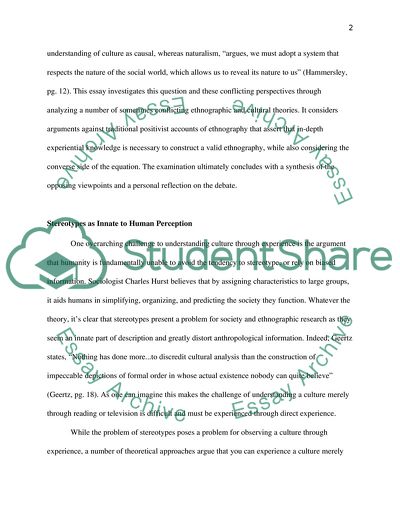Cite this document
(Must a Culture Be Experienced to be Truly Understood Dissertation, n.d.)
Must a Culture Be Experienced to be Truly Understood Dissertation. Retrieved from https://studentshare.org/culture/1736600-the-only-way-you-can-truly-understand-a-culture-is-by-experiencing-it-discuss
Must a Culture Be Experienced to be Truly Understood Dissertation. Retrieved from https://studentshare.org/culture/1736600-the-only-way-you-can-truly-understand-a-culture-is-by-experiencing-it-discuss
(Must a Culture Be Experienced to Be Truly Understood Dissertation)
Must a Culture Be Experienced to Be Truly Understood Dissertation. https://studentshare.org/culture/1736600-the-only-way-you-can-truly-understand-a-culture-is-by-experiencing-it-discuss.
Must a Culture Be Experienced to Be Truly Understood Dissertation. https://studentshare.org/culture/1736600-the-only-way-you-can-truly-understand-a-culture-is-by-experiencing-it-discuss.
“Must a Culture Be Experienced to Be Truly Understood Dissertation”, n.d. https://studentshare.org/culture/1736600-the-only-way-you-can-truly-understand-a-culture-is-by-experiencing-it-discuss.


